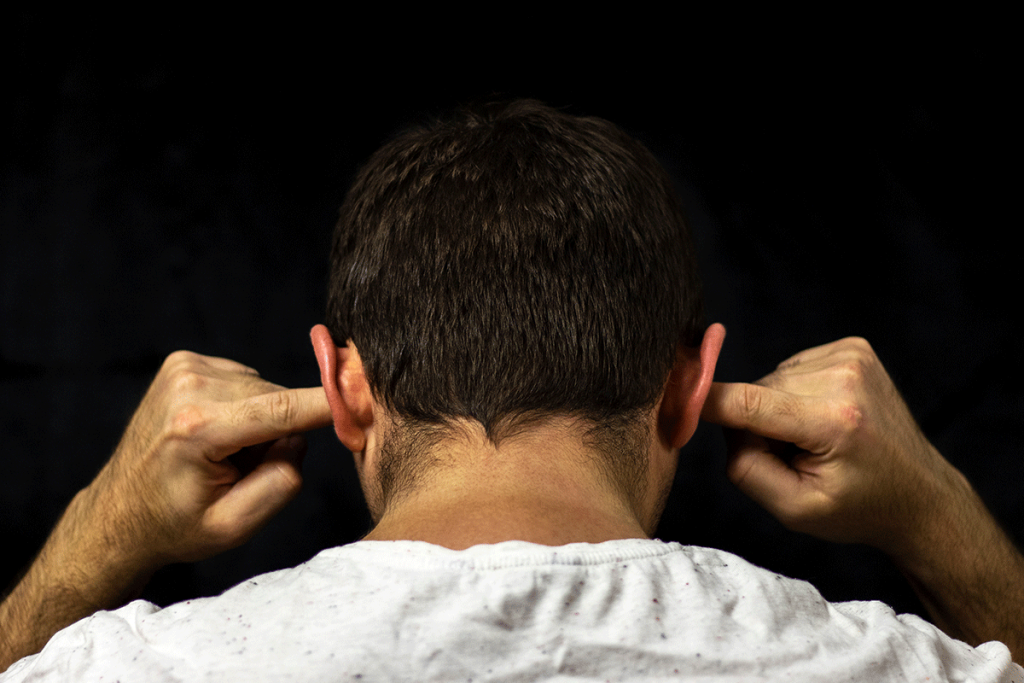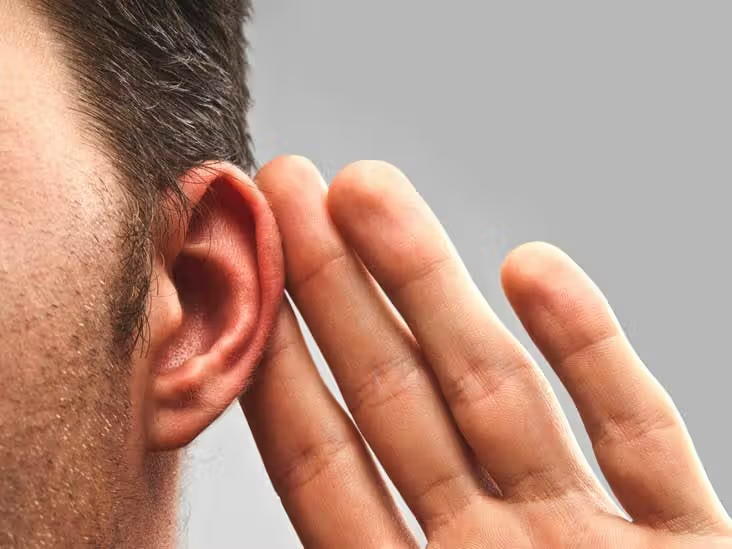The United States has reported its first outbreak of H5N9 bird flu in poultry on a duck farm in California, the World Organisation for Animal…
Posts published in “News”
An investigation has revealed a disturbing reality: nearly one-third of the US population may be consuming water tainted with unregulated contaminants.
The recent wildfires in Los Angeles have caused visible devastation, including charred landscapes and destroyed homes.
Crews have made progress battling wildfires in Los Angeles County, but Southern California faces renewed risks as Santa Ana winds return.
While a cure remains elusive, current management strategies include sound therapy, cognitive behavioral therapy, and neuromodulation techniques.
Smart home technology is offering new solutions for individuals living with tinnitus, a condition characterized by persistent ringing or buzzing in the ears.
Tinnitus, the perception of sound without an external source, can be a distressing condition, and substance abuse is a significant factor contributing to its onset.
Tinnitus, the perception of sound, can be a frustrating condition. While it can't always be predicted, recognizing early warning signs can help.
Tinnitus, the perception of sound without an external source, can be significantly influenced by emotional state.
Sleep apnea, a sleep disorder marked by repeated pauses in breathing, can lead to oxygen deprivation, inflammation, and these factors can contribute to tinnitus.










